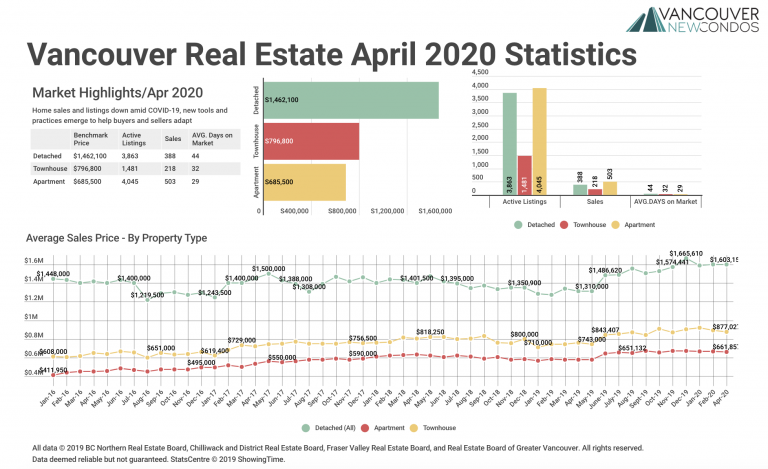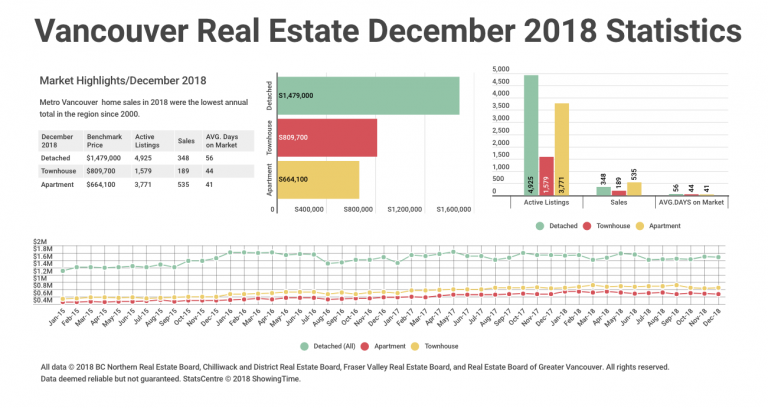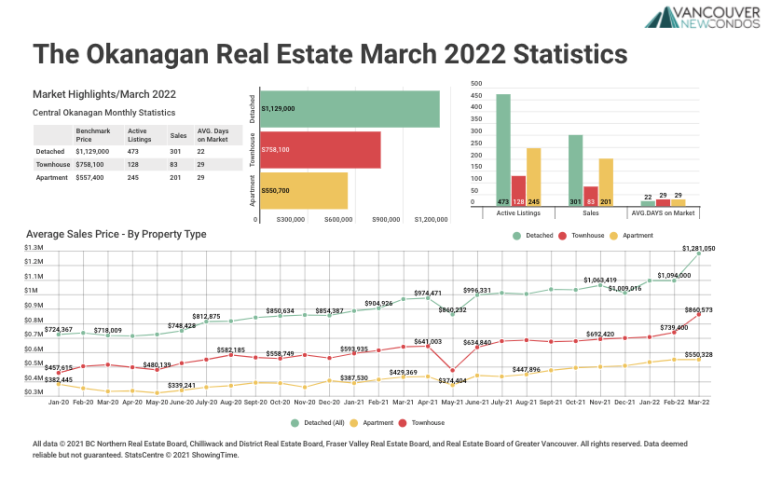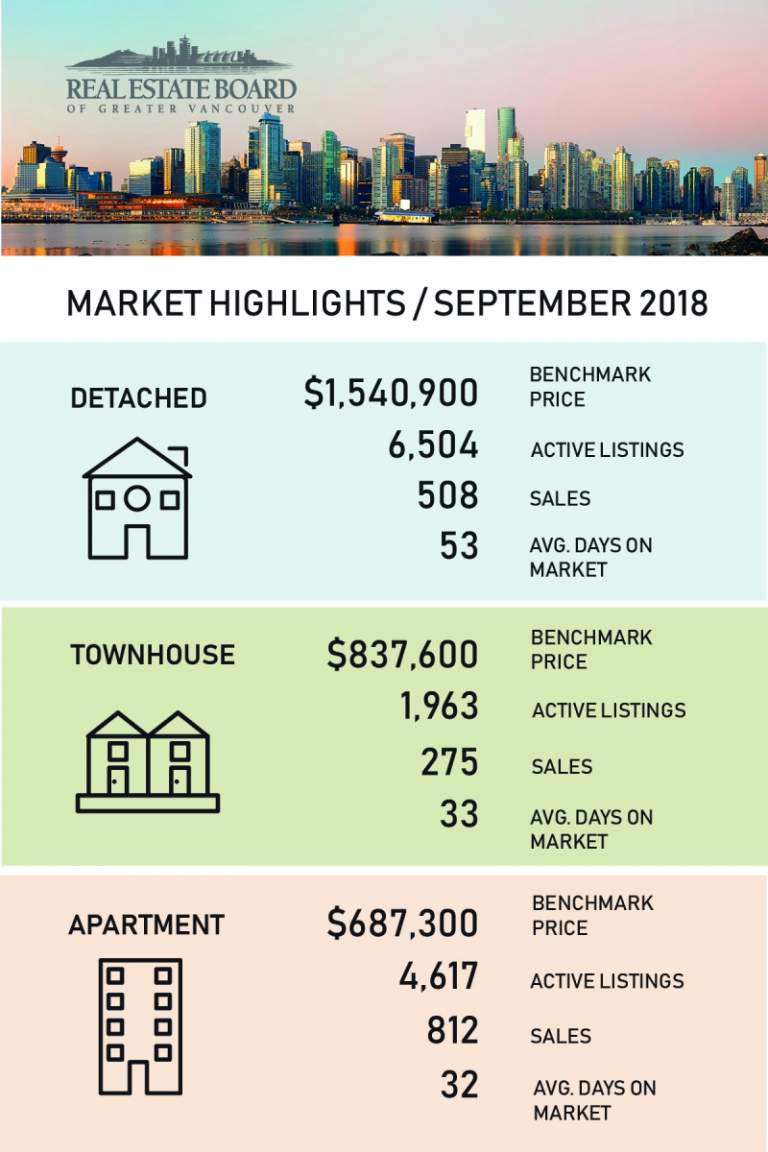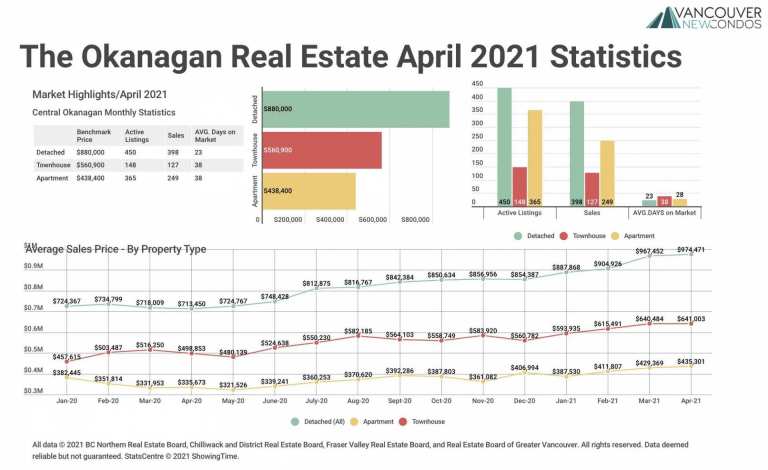Living in Squamish
By Zenobia Wilson MACDONALD REALTY
What’s it like to live in Squamish?
I came to Squamish in 2003 and am so passionate about it; I just love the area! It’s amazing to live here, especially if you love the outdoors, which is why I think many people are drawn to the area. You get nature and beauty, along with so many outdoor activities to enjoy.
I basically only came for the skiing, but it was interesting in the summer when I found so many more activities. Many people take part in mountain biking, hiking, rock climbing, kitesurfing, fishing, camping, kayaking, paddle-boarding, sailing, and even paragliding from the Chief. The list goes on!
I’ve travelled a lot so can say that Squamish offers a mix of everything and really is an awesome place to be, especially if you love the outdoors.
How about the flip side: if you’re not outdoorsy, what does Squamish offer?
Since I am outdoorsy, it’s hard to comment, but I know its proximity to Vancouver is great since we’re not too far from the city, so there’s always the option to go there. It’s only 35 minutes to West Vancouver and North Vancouver, and Vancouver in addition to outdoor life offers things such as sightseeing, fine dining, theatre, shows, and shopping.
Are you noticing and can you comment on any population or real estate market growth in Squamish this year, likely as a result of COVID-19?
Yes, absolutely. What I’ve seen, along with my industry peers, is that the residential real estate market is very busy because people have realized they’re working from home and don’t need to commute to and from a city to an employer. I’ve seen many more buyers come up here from Vancouver or other areas who know they can get more for their money and who may need more for their money in terms of extra space to work from.
I’ve also seen people who are already in Squamish move up in the market because they need a more suitable space to work from home and get separation from their family to work more effectively.
If anything, COVID has fueled the residential market; it’s had a massive part to play in terms of how people are viewing their homes and the purchase of real estate, though of course other things help too, like low interest rates.
It was slow for at least two weeks to a month at the start of the pandemic and there was a lot of uncertainty, but as soon as things opened up again it snowballed, and we’re seeing a very active market right now.
What are some unique things about Squamish?
Squamish sits in a valley, which is why we have views of mountains all around us. It doesn’t matter where you are – whether it’s Brackendale, the Highlands, Valleycliffe, downtown, Dentville, Garibaldi Estates, or Northyards – you will get mountain views! This is different from areas like Whistler, despite it being a mountain town, or the Lower Mainland, which is surrounded by mountains. The valley that Squamish is in makes it difficult to not have a view, which is such a nice feature of being here.
One of the first things I noticed when I visited in 2003 is that this little town is smack bang in between the two worlds of Vancouver and Whistler – a great city and an area for world class skiing. This proximity to both is so nice and convenient.
As well, Squamish is a rapidly expanding, extremely nature-oriented community, even more so than Vancouver, with lots of rivers, lakes, mountains, and trails right from your doorstep wherever you are in town—you really don’t need to walk far to get to them. Because of Squamish’s landscape and position in the valley, neighbourhoods could only be developed in this one way.
What challenges to living in Squamish do residents experience?
Because Squamish was an old logging town and is somewhat new in its development—lots is still in progress and there’s a lot of room for growth. For instance, if you like fine dining and cuisine, you won’t find much here like you do in Vancouver. It’s slowly happening and will probably come in time, but good dining is still lacking. Choices just don’t exist yet compared to other developed places.
Another effect of the town’s newer development is there are some things people need to go to the North Shore for, such as medical services. While there are GPs, dentists, and orthodontists, there are no specialist doctors like pediatricians or rheumatologists in Squamish. As well, the school system is newer and developing in its systems and practices. As a resident having been here for some time, I’ve seen these things firsthand.
Since Squamish is such a small town, another challenge is that its transit system is so small—though the number of routes have increased over the years, there are only about 4-5 buses. Most people drive, bike, or taxi to get around. Conveniently, there is a bus to Vancouver, the Squamish Connector, but the Greyhound route was cancelled a few years ago.
What are salaries and the cost of living like in Squamish?
The average household income in Squamish is about $100,000. Housing costs are slightly lower than Vancouver overall (and much lower than downtown) but are probably close to North Vancouver. The cost of living for things like groceries is about the same as in Vancouver.
What are some ideal areas in Squamish to live for people of different demographics?
All areas are ideal in many ways, all with their own pros and cons depending on the needs of the individual, couple, or family. The exception to this would be retirement homes, for people aged 55 and up. These are all located in downtown Squamish (and Polygon in conjunction with Squamish Senior Citizens Home Society is actually currently building a new retirement village downtown) because you can easily walk to grocery stores, pharmacies, and other places you might need to go as an older person without having to drive.
Brackendale stands out to me because if you’re a skier or snowboarder, you can get to Whistler in just 30 minutes, since it’s Squamish’s furthest north community. On the other hand, Valleycliffe is furthest south and would add 15 minutes to that trip. However, this area is the closest to Vancouver, which is most convenient if you’re commuting regularly.
Can you share some tips for investors considering Squamish?
The cap rate is quite good in Squamish because the cost to purchase property is generally lower than it is in Vancouver. It surprises people that for many years, we’ve been seeing a 0% vacancy rental rate. The district is doing its best to resolve the problem by making developers build purpose-built rentals, but it’s not happening quickly enough so the problem is still there. With this comes an increase in rent, because there’s more demand than supply.
So, at the moment, rental prices are comparable or even higher compared with areas like North and West Vancouver, and Mount Pleasant and East Vancouver. My clients are truly shocked when they learn that one-bedrooms are going for $1,800. But, it’s great for investors, and the future growth of Squamish is projected to be strong.
The commercial and business side is growing too, though not as fast as residential. COVID put a pause on business but the town is still growing: more commercial spaces are opening, and restaurants, for example, are expanding slowly but surely!

